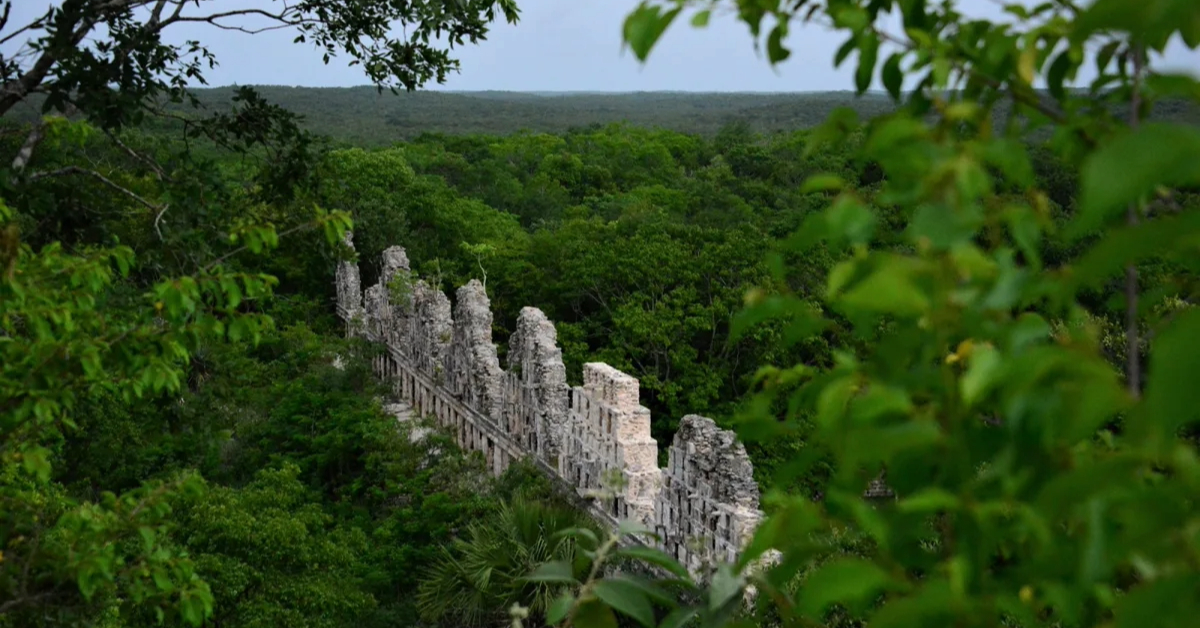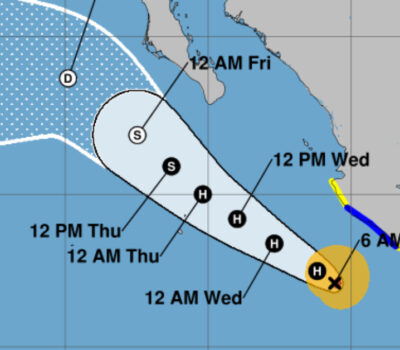Profepa shuts down seven properties across Campeche, Yucatán, and Quintana Roo after detecting over 2,600 hectares of illegal deforestation, mainly near Mennonite settlements.
Environmental authorities have shut down seven properties across the Yucatán Peninsula after uncovering extensive illegal deforestation linked to agroindustrial expansion. The Federal Attorney for Environmental Protection (Profepa) confirmed that 2,608.9 hectares of forest were illegally cleared in the states of Yucatán, Campeche, and Quintana Roo.
Between May 28 and June 14, Profepa inspectors conducted intensive surveillance and enforcement operations on forest lands in these three states. The findings were alarming: unauthorized land use changes were transforming large swaths of native rainforest into monoculture farms, often without the proper permits or ecological assessments.
The federal agency reported the seizure of 108.5 cubic meters of roundwood and timber, along with heavy agricultural equipment including three farm tractors, a 36-disc harrow, a harvester, and three agricultural towers.
“All the affected properties are located in areas where the Mennonite population’s activities have expanded,” Profepa stated, raising concerns about the role of ongoing agricultural development within Mennonite communities in accelerating deforestation in ecologically sensitive regions.
In Yucatán, the most notable operation took place on June 13 in San Diego Buenavista, a community in the municipality of Tekax. Inspectors confirmed that the site had undergone complete vegetation removal. What was once dense forest had been replaced by leveled terrain, scarred by the cutting, felling, and burning of adult trees, saplings, and native undergrowth. The scorched remains pointed to systematic land clearing for industrial-scale agriculture.
Campeche saw similar damage. On June 12, authorities identified nine separate deforested sites, primarily within the municipalities of Calakmul and Hopelchén. These areas, which are rich in biodiversity and form part of Mexico’s largest remaining rainforest corridor, have increasingly come under pressure from expanding farming operations.
In Quintana Roo, inspections targeted properties in the municipalities of José María Morelos and Othón P. Blanco. While Profepa did not specify the number of affected sites, the damage was significant enough to result in the closure of three properties.
Profepa’s summary of the operations highlighted six special enforcement actions:
- Two in Calakmul and Hopelchén, Campeche
- Two in Tekax, Yucatán
- Two in José María Morelos and Othón P. Blanco, Quintana Roo
Seven properties in total were closed due to violations:
- Two in Campeche
- Two in Yucatán
- Three in Quintana Roo
The illegal deforestation covered 702 hectares in Campeche, 606.4 hectares in Yucatán, and 1,300.5 hectares in Quintana Roo—making the southernmost state the hardest hit in terms of area.
The cleared forests are believed to have been replaced with monoculture agriculture—farming practices that focus on a single crop type, which can strip soil of nutrients and reduce biodiversity. While monocultures can be profitable in the short term, they come with long-term environmental costs, particularly when developed at the expense of tropical forest ecosystems.
Profepa has not released the names of the individuals or companies behind the illegal land use changes but emphasized that investigations are ongoing and administrative procedures have been opened.
The agency reiterated its commitment to safeguarding Mexico’s forests and warned that unauthorized land use changes, especially in protected zones or regions with ecological significance, will face legal consequences.
Environmental groups have repeatedly raised alarms over deforestation in the Yucatán Peninsula, citing increased land speculation, expanding agricultural frontiers, and weak enforcement of environmental laws. The expansion of Mennonite settlements and their agricultural practices has become a controversial topic, particularly in Campeche, where thousands of hectares have already been cleared in recent years.
As Mexico continues to grapple with balancing rural development and environmental protection, this latest enforcement operation by Profepa underscores the urgent need for stronger oversight and sustainable land management policies.
Profepa shuts down seven properties across Campeche, Yucatán, and Quintana Roo after detecting over 2,600 hectares of illegal deforestation, mainly . . .












